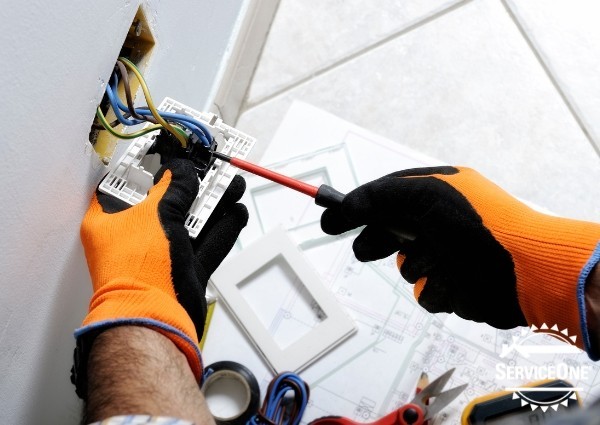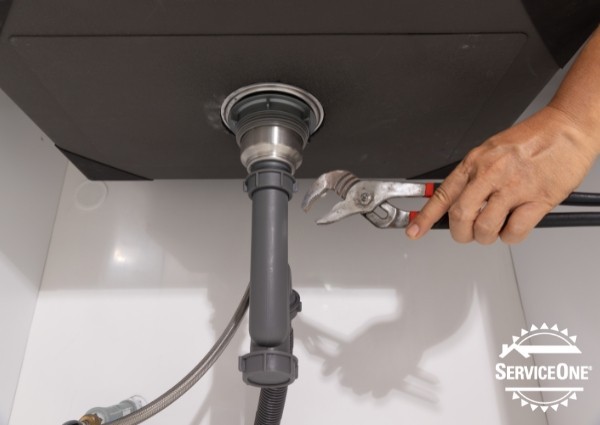In any kitchen, the stove is one of the most useful appliances when it comes to cooking. There are two options homeowners can choose from for their kitchen stoves; either gas or electric. Both of these options offer their own benefits and disadvantages when it comes to cooking.
At ServiceOne, our appliance repair technicians have worked on a number of stoves over the years. If you are considering switching from an electric to a gas stove, or vice versa, this is the blog for you! Below, we will dig deeper into which stove is right for your home.
Advantages and disadvantages of a gas stove
When you ask chefs which type of stove they prefer, you will find out that pretty much all of them like cooking with a gas stove better. Why? Well, gas stoves usually heat up much faster than electric stoves, and the gas flame usually works better on many different kinds of cookware. On top of this, gas stoves offer many other benefits, including:
-
Energy saving (gas is cheaper than electric in most states)
-
Can quickly turn heat from high to low and vice versa
-
More versatile for all cooking strategies
-
Stovetop is easy to clean and maintain
Although gas stoves are a great choice, there are some disadvantages to these kitchen appliances as well. Below we go over some of the cons of having a gas stove:
-
Sometimes the burner won’t light
-
The pilot light can go out from time to time
-
Burner flames can become weak over time
-
Poor air quality
Advantages and disadvantages of an electric stove
Electric stoves offer their own advantages and disadvantages and are the more popular stove in newer homes. Electric stoves are more user-friendly, and run on 100% electricity. Below, we go over some of the pros of electric stoves:
-
Electric stoves keep your kitchen cooler
-
A flat surface to clean and cook on
-
Easier to turn off and on
-
Typically easier and less expensive to install
-
Better for your home’s air quality
With advantages comes disadvantages as well. Here are some of the cons of having an electric stove:
-
Newer models can cost more than gas
-
If the power goes out, so does your stove
-
Stovetops can become damaged easier than gas stoves
-
Cooks food slower
-
Slower to heat up/down
Which one is right for your home?
When choosing a new stove for your home, there are some factors that you need to consider. First, is your kitchen compatible with both types? With a gas stove, you will need a natural gas line that runs into your kitchen. With an electric stove, you will need a high-voltage outlet to plug in your appliance.
The next thing to consider is your cooking. Do you want a higher-performing stove to cook on? Gas may be the better option. But if cooking isn’t really important to you, and you just want something to get the job done, then an electric stove will do the trick.
Lastly, in terms of energy efficiency, both gas and electric stoves pretty much even out. Although gas stoves use less energy, they also will heat up your kitchen substantially more. Electric stoves do use more energy up front but will keep your kitchen feeling cooler.
Both gas and electric stoves offer a variety of benefits. If you are considering switching from an electric to a gas stove, or gas to electric, be sure that you call an experienced appliance installer to help you through the process!
Our team at ServiceOne is always ready to help you install or repair kitchen and laundry room appliances throughout your home. If you are interested in learning more about our services, visit our website today!



